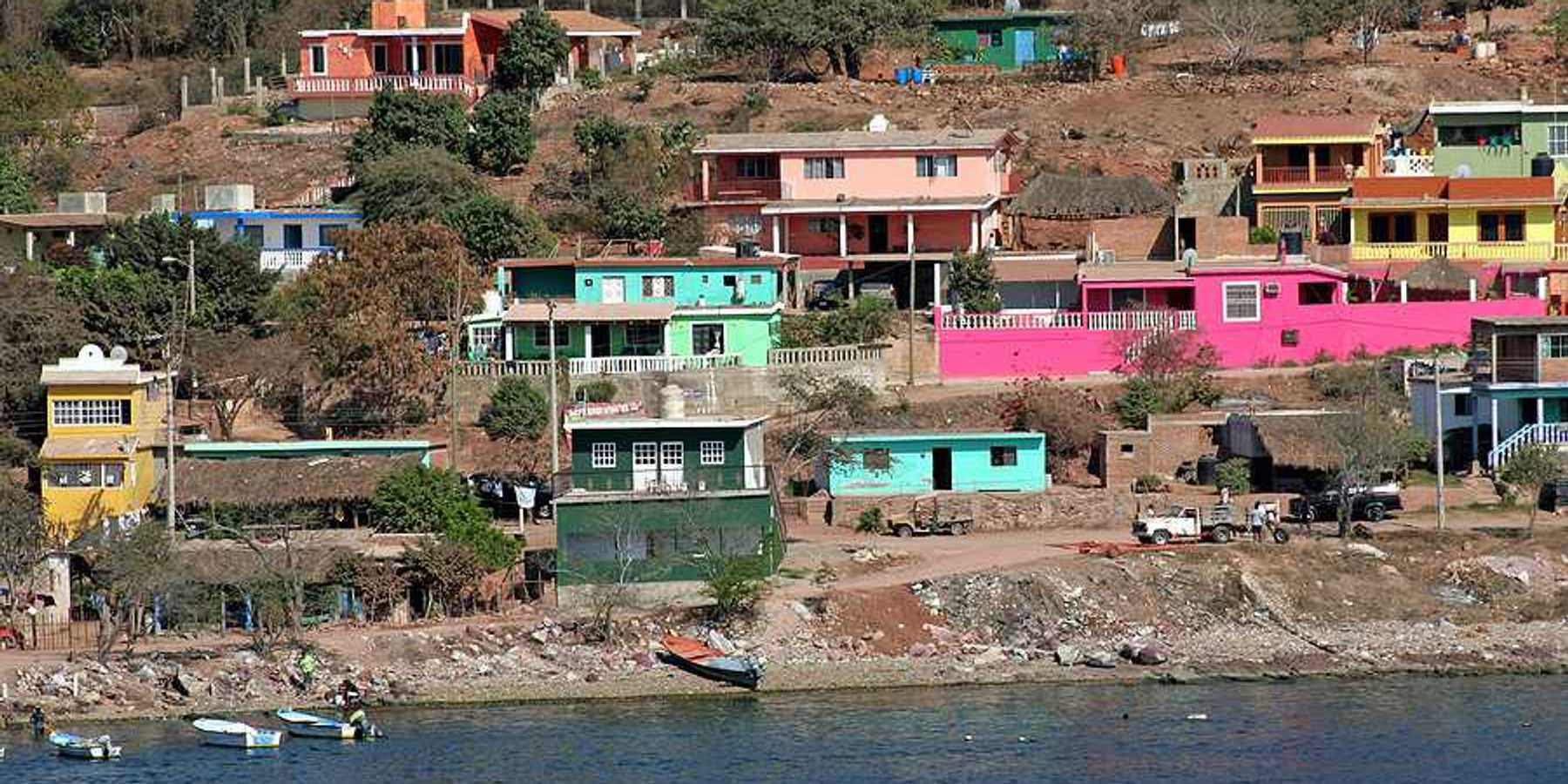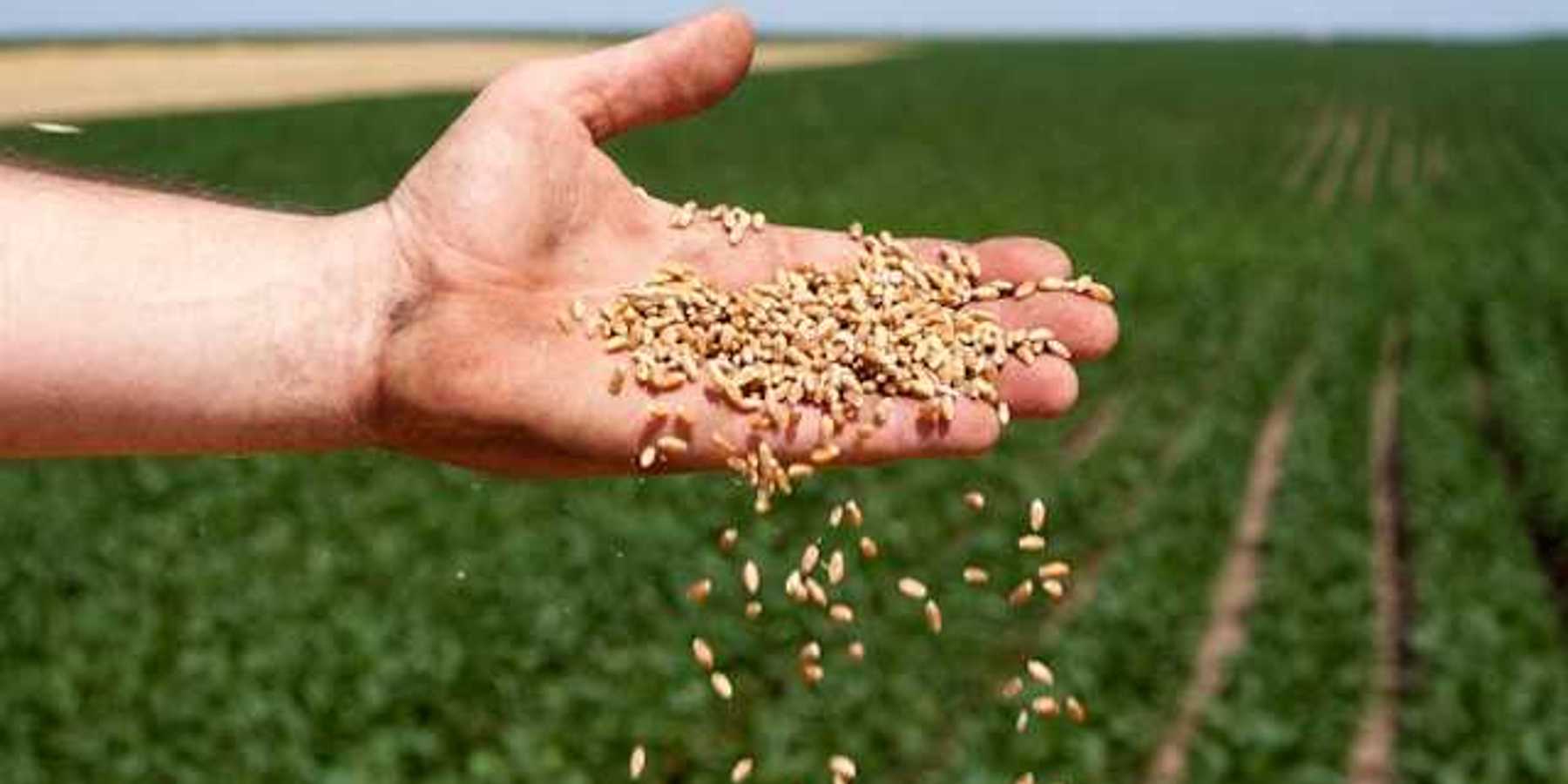Arctic cold once defended Canada — now climate chaos threatens military readiness
A warming Arctic is complicating Canada’s military operations, with unpredictable weather destroying equipment, thwarting training, and eroding the region’s role as a natural line of defense.
Leyland Cecco reports for The Guardian.
In short:
- Canadian and allied forces were unable to locate sea ice thick enough for a Hercules aircraft to land during winter military exercises, highlighting how warming has disrupted Arctic conditions.
- Frigid temperatures still break down advanced machinery and endanger military personnel, even as unseasonable thaws render traditional transport routes dangerous or unusable.
- Local Indigenous knowledge remains critical, as modern technology often fails in the extreme and fluctuating Arctic environment.
Key quote:
“Our first level of defense is leaving us.”
— Lt Col Darren Turner, commander of Operation Nanook’s land forces
Why this matters:
Scientists have long warned that the Arctic is warming up to four times faster than the rest of the planet, and the result is an erratic climate that swings from dangerous cold to dangerous warmth. This shift threatens not just military strategy, but also the Indigenous communities who live there, relying on ice roads and steady seasonal rhythms for food, travel, and survival. Melting permafrost is collapsing coastlines, flooding homes, and releasing long-trapped greenhouse gases. And as polar thaw opens sea routes to cargo and military ships, the Arctic’s strategic importance increases — while its livability and habitability decrease. What was once one of Earth’s most formidable natural fortresses is becoming a front line of climate disruption.
Read more: Polar bears are increasingly exposed to diseases due to warming Arctic













